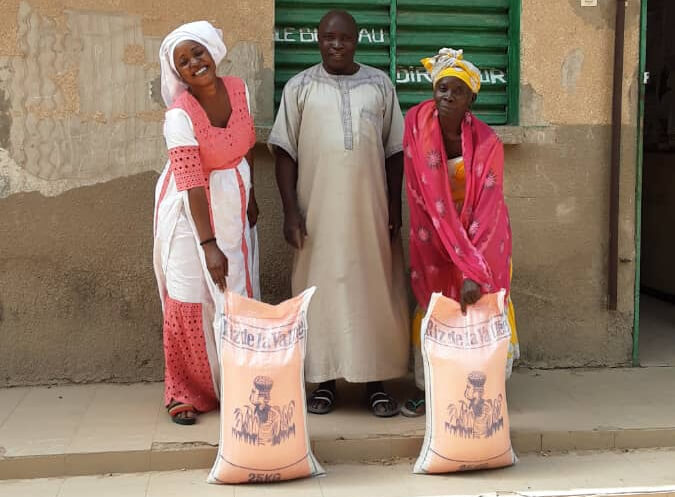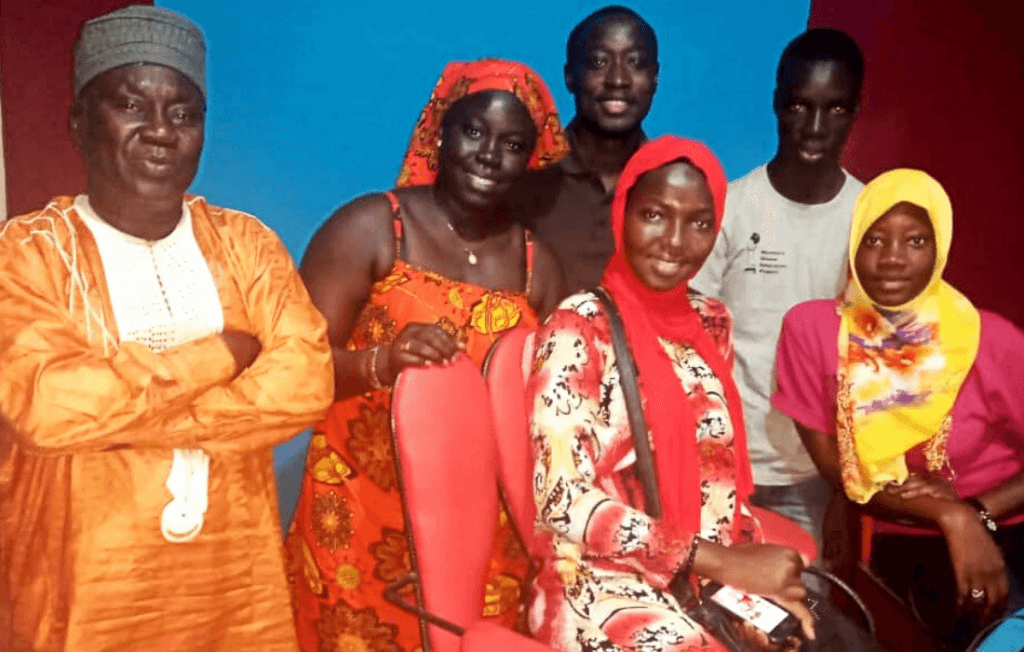April 24th, 2020
Over the past several weeks, Women’s Global Education Project has adapted our programs to respond to the growing threat of coronavirus in the communities where we work. Our teams in Kenya, Senegal, and the U.S. have worked remotely since mid-March, and are working hard to provide resources in order to keep our communities safe and healthy, and to ensure that every girl has the opportunity to continue her education amid school closures.
PROGRAM INTERVENTIONS TO SUPPORT OUR COMMUNITIES

AN INSPIRING OUR SISTERS LEAD STORY
In this moment of crisis, we’ve been heartened by the incredible response we’ve seen from individuals working to support their communities. Our favorite story comes from three teenage participants in Our Sisters Lead, WGEP’s leadership training program for high school students in Sokone, Senegal. When Alima, Absatou, and Mouhamed heard of the spread of Coronavirus, they immediately contacted WGEP’s staff about the idea of creating a radio segment on a local station to educate the public! With WGEP’s help, they enlisted Mr. Ablaye Sow, Communications Officer at the Sokone District Health Department, to appear with them on the radio. The broadcast took place on March 19th, and reached thousands of residents in the rural Fatick region, many without access to other reliable news platforms.
The Mayor of Sokone heard the broadcast, and sent the leaders extra soap, hand sanitizer, and cleaning supplies for them to allocate to their communities! Absatou, Mouhamed, and Alima identified eight under-resourced schools in Fatick to give the extra supplies, multiplying the impact of their radio program.

We are proud of Our Sisters Lead participants for using the public speaking, advocacy, and conflict resolution skills that they learn in our program to make change in their own communities. This year is the first time that we’ve included a small number of boys in Our Sisters Lead program to serve as gender advocates for their sisters and all young women, and we’re happy to see Mouhamed using his new leadership training for good.
Our friends at Girls Opportunity Alliance, Philanthropy Women, and WBEZ Chicago shared this story with their audiences, further inspiring action in the U.S.!
HOW YOU CAN HELP
UNESCO estimates that 1.5 billion children are out of school due to COVID-19. Research shows that girls in poor countries will be hurt the most, so it’s imperative that we can deliver our low-cost, high-impact interventions to our communities in rural Kenya and Senegal.
Please consider making a donation today. Thank you for believing in the future of every girl!

136 N. Marion Street, Suite 201, Oak Park, Illinois 60301
708-613-5260 / info@womensglobal.org
© 2021 All rights reserved
Leave a Reply